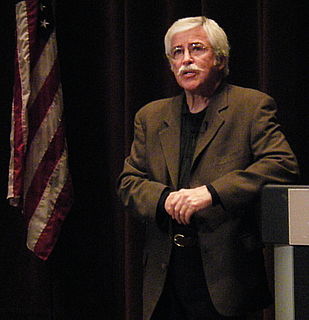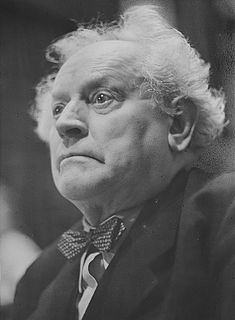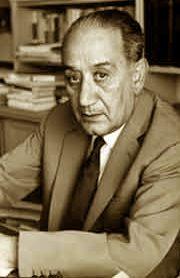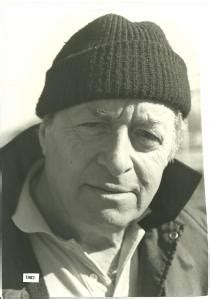A Quote by Elizabeth Kostova
Every writer hopes his or her book will be its own thing.
Related Quotes
...the girl longed for a love that could not be ended by death. From the time she was young, she knew that her true love was there, somewhere, living a life that would one day intersect her own. Knowing this made every day full of sweet possibility. Knowing that her true love lived and breathed and went about his day under her same sun made her fears vanish, her sorrows small, and her hopes high. Though she did not yet know his face, the color of his eyes, still she knew him better than anyone else knew him, knew his hopes and dreams, what made him laugh and cry.
One of the most useful parts of my education as a writer was the practice of reading a writer straight through - every book the writer published, in chronological order, to see how the writer changed over time, and to see how the writer's idea of his or her project changed over time, and to see all the writer tried and accomplished or failed to accomplish.
Love your material. Nothing frightens the inner critic more than the writer who loves her work. The writer who is enamored of her material forgets all about censoring herself. She doesn't stop to wonder if her book is any good, or who will publish it, or what people will think. She writes in a trance, losing track of time, hearing only her characters in her head.
Before my book, 'California,' came out, I had modest hopes for it. Or, let's put it this way - I had the same hopes that every literary fiction writer in America has: I wanted the novel to be well-received, critically. As for sales? I didn't want it to disappoint, but I didn't expect it to be a best-seller, either.
Unless a writer lives with a periodic delusion of his greatness, he will not continue writing. He must believe, against all reason and evidence, that the public will experience a catastrophic loss if he does not complete his novel. The public is just clamoring to give him his fame. From the book Dare to be a Great Writer: 329 Keys to Powerful Fiction by



































